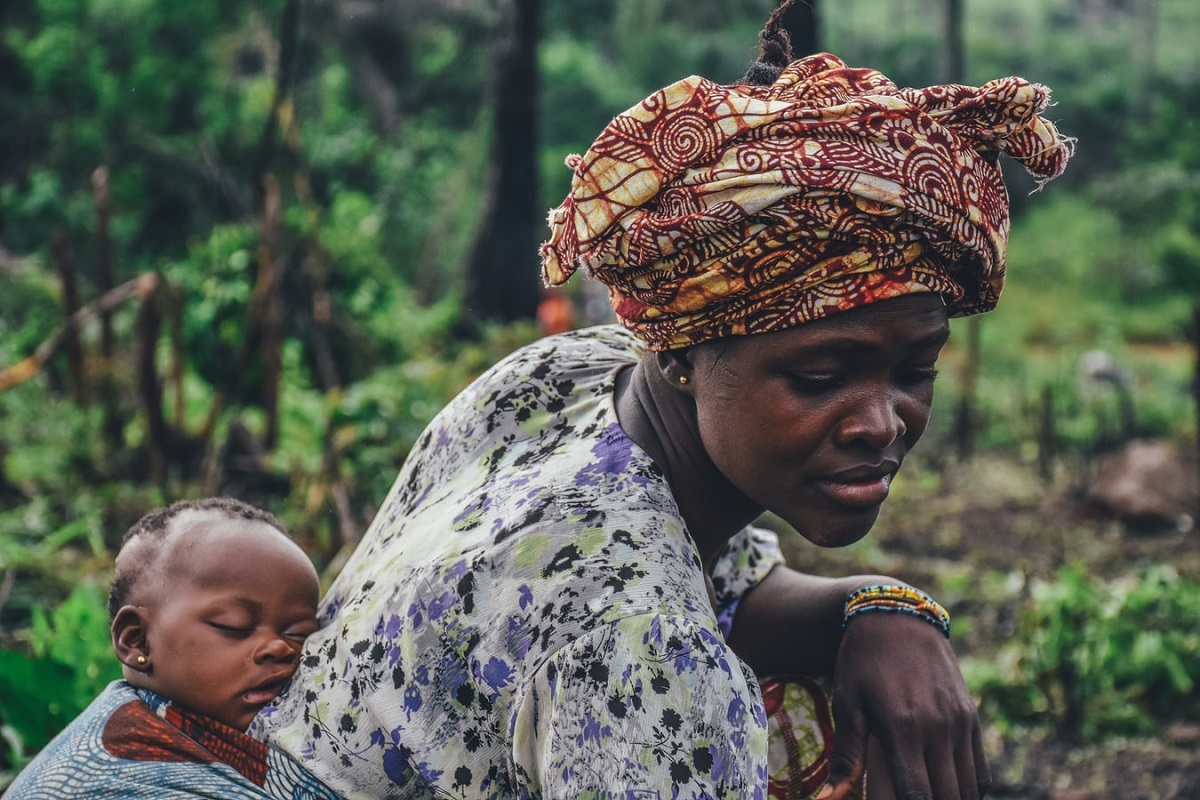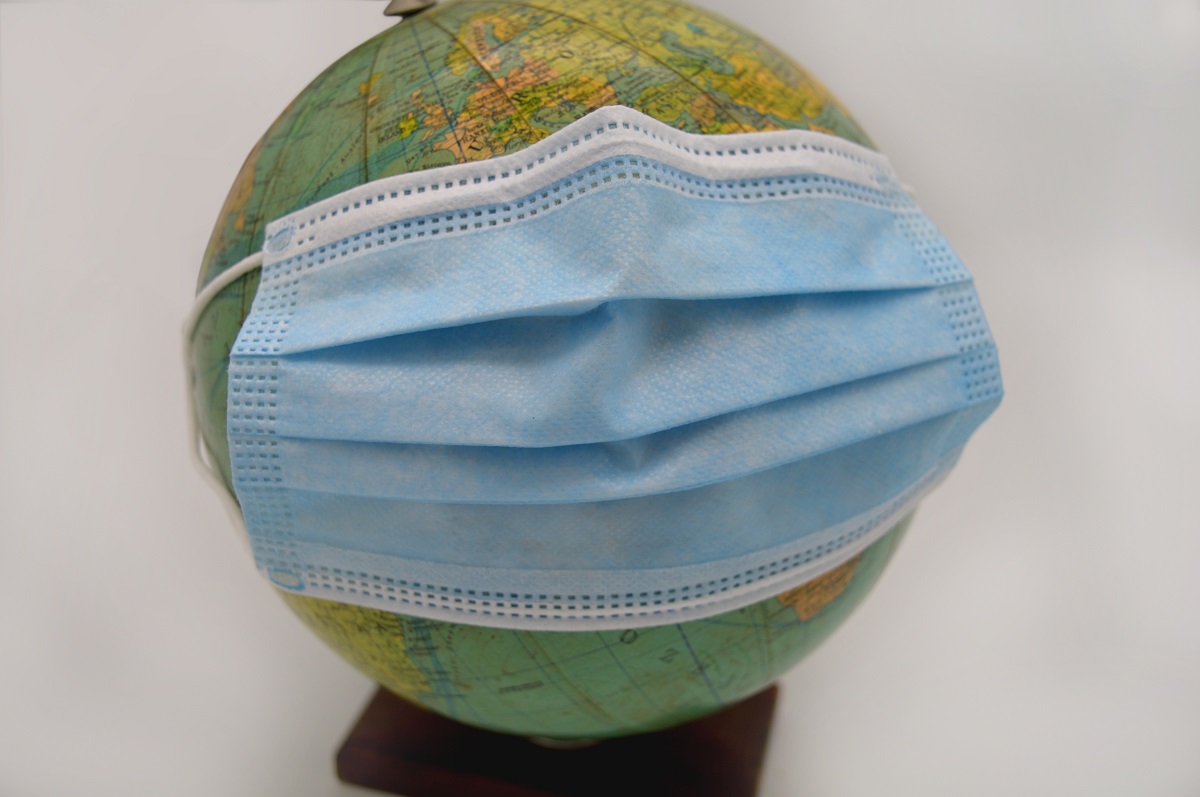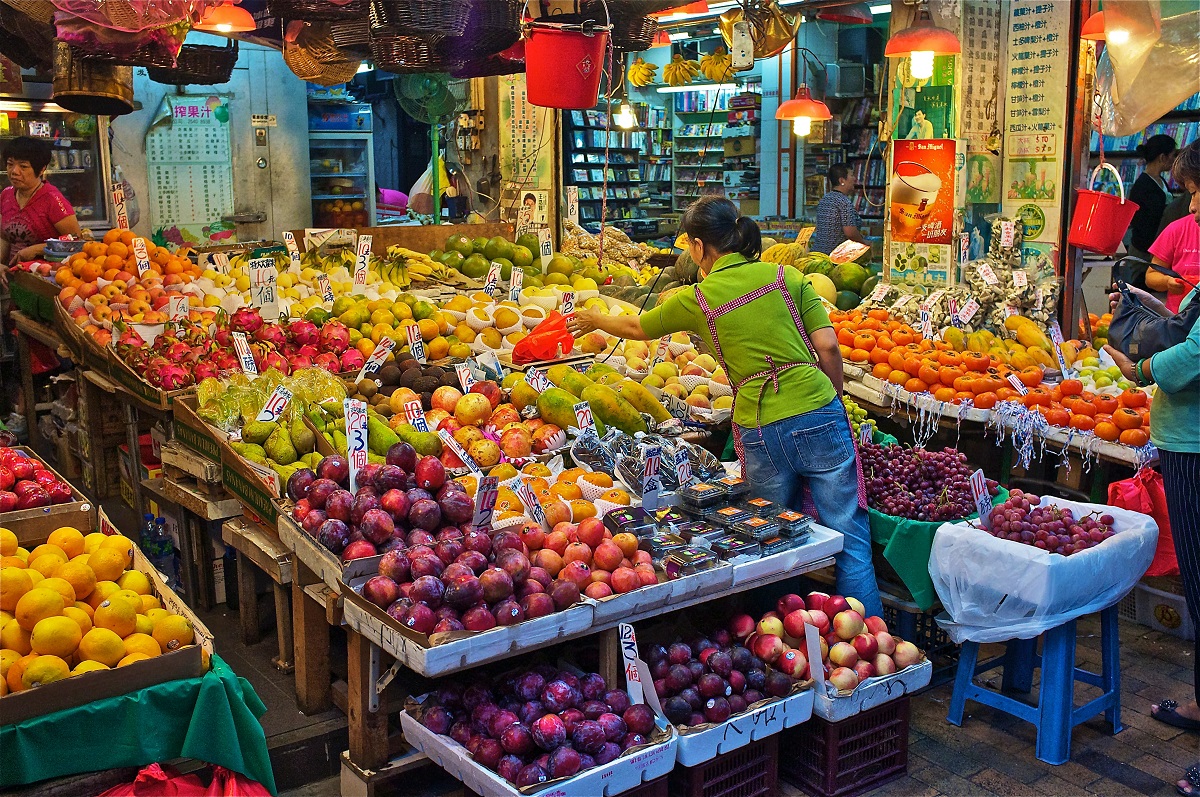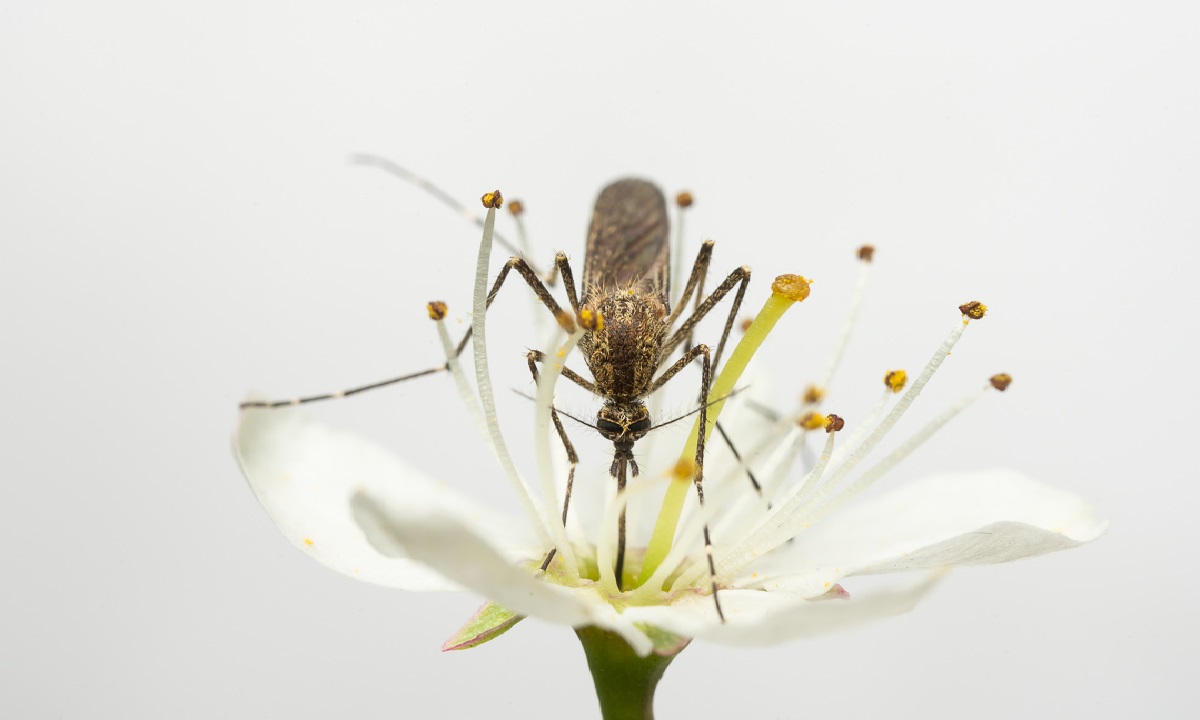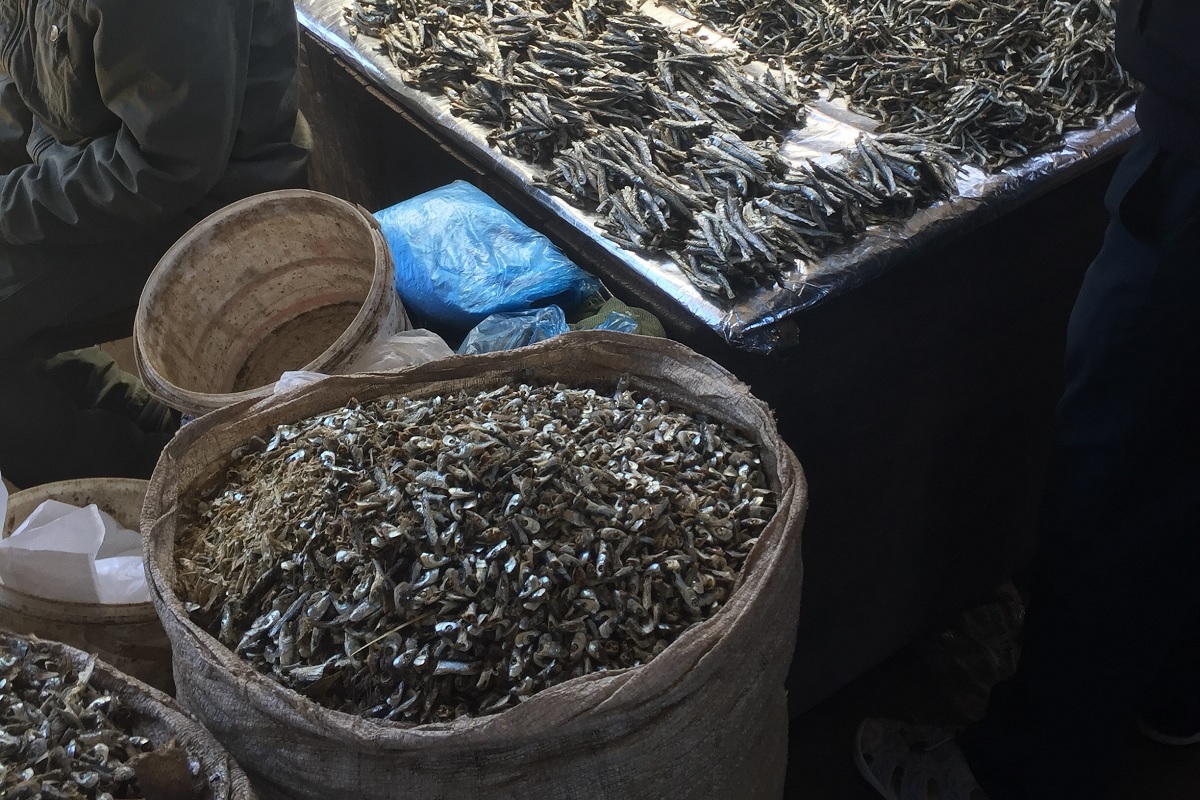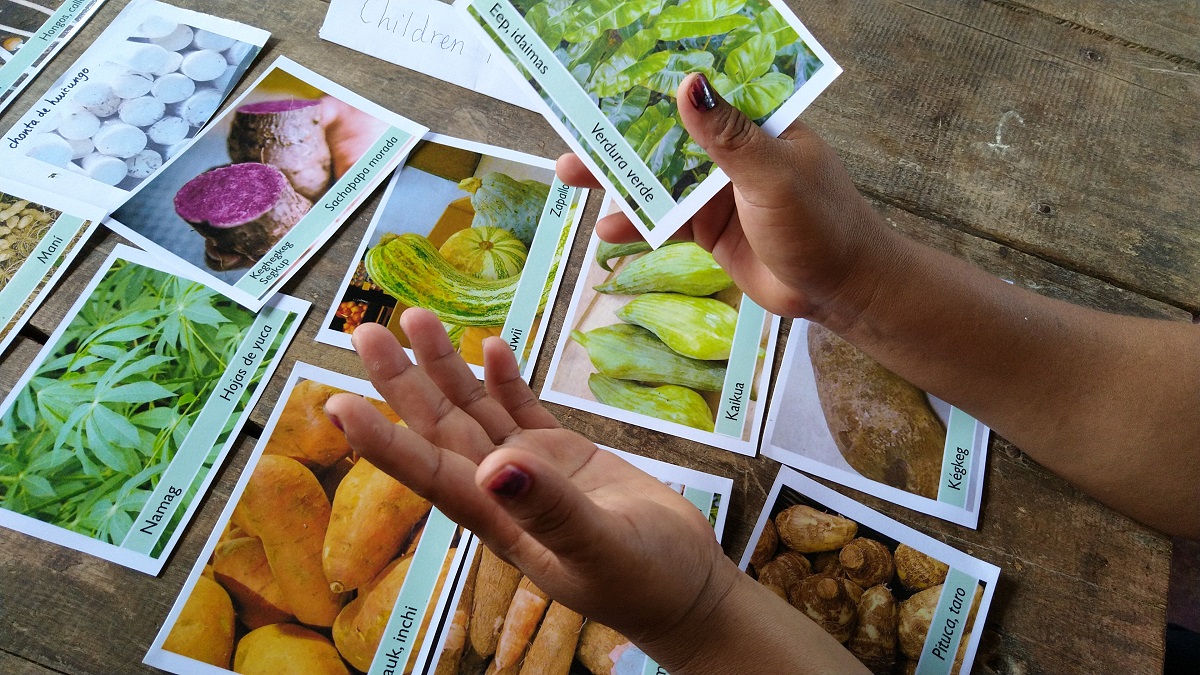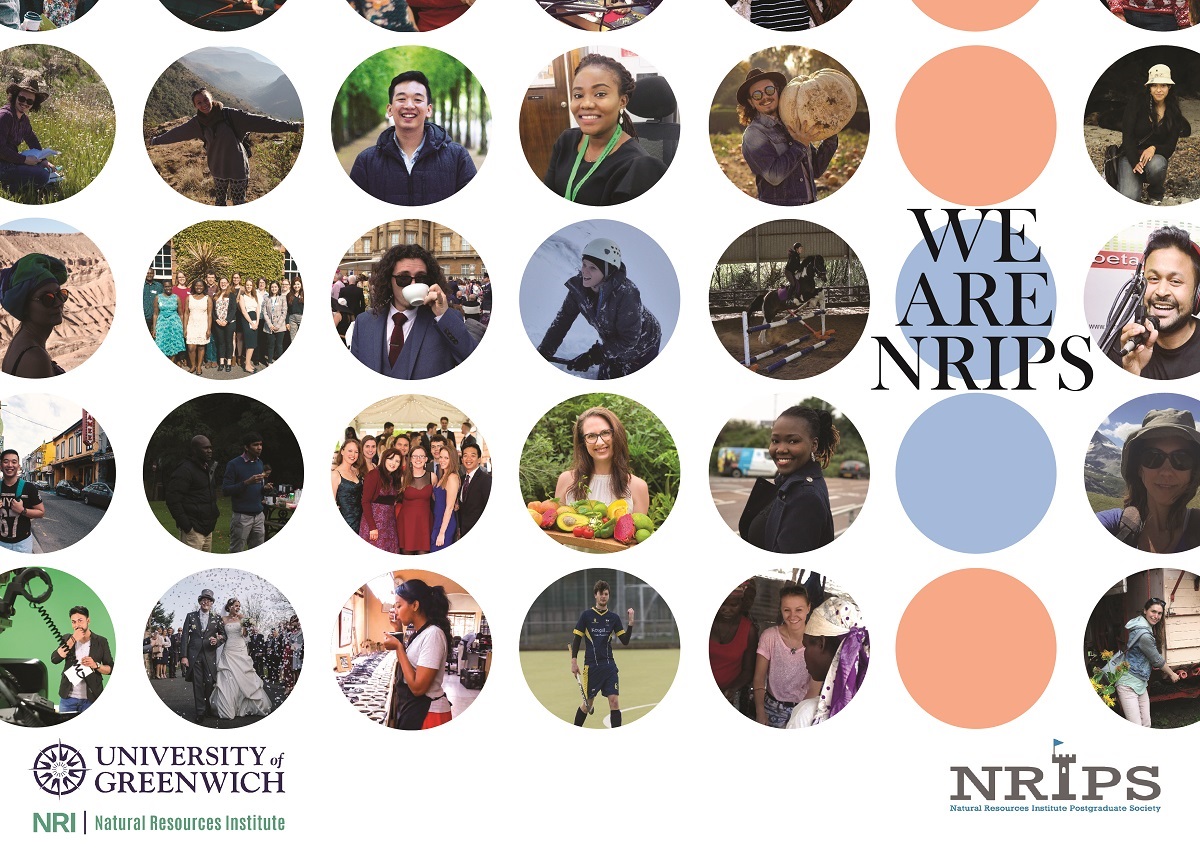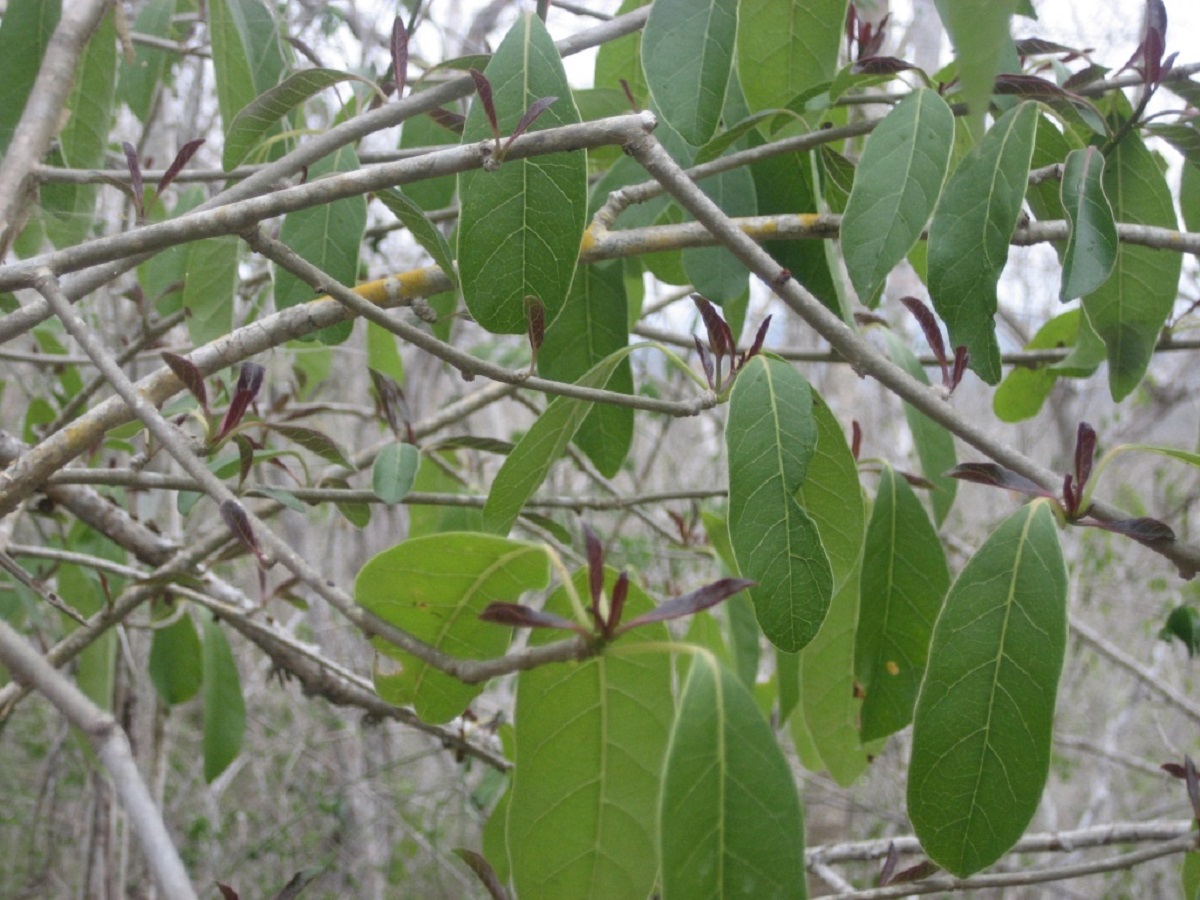News - 2020
The United Nations dedicates a day to rural women – this year Oct 15th – to recognise the crucial role women play in ensuring the sustainability of rural households and communities, and for performing the bulk of unpaid domestic work, child rearing...
Emotional health, well-being, welfare, state of mind, psychological state – we use many phrases to describe mental health, and it’s becoming increasingly common to discuss mental health openly. The recent lockdown has robbed us of many things,...
NRI PhD student, Christina Conroy, is currently enjoying a winning streak. This year she has been awarded three separate prizes for her work from the Royal Entomological Society, the Society of Chemical Industry and the Worshipful Company of...
What implications will the pandemic have on the daily lives of people around the globe? How will the lockdowns, layoffs and food shortages affect people’s mental health, relationships, work, income, and expectations of their government? Life with...
Laxmi Prasad Pant, Senior Lecturer/Researcher Human Geography/Food Systems |
The COVID-19 pandemic served as a ‘perfect storm’ to expose the fault lines of the industrial food system [1] – millions of young broiler chickens buried alive,...
Wetlands, including marshes, swamps, bogs and fens, exist at the intersection between land and water. Many of these landscapes are beautiful, ethereal places, and a source of inspiration to artists, poets, writers and photographers. They are...
Over one million tonnes of small, whitebait-like fish are caught in the Great Lakes and rivers of eastern and central Africa each year. Small pelagic fish (SPF) are one of the best sources of micronutrients and essential vitamins, and they are...
Despite living in one of the most biodiverse areas on the planet, many of the indigenous communities of the Amazonas Region in Peru experience high levels of poverty, food insecurity and malnutrition. Over half of the region’s indigenous children...
July has been declared ‘plastic-free July’ where everyone is encouraged to notice and check their use of plastics, especially ‘single-use’ plastic items. The Plastic Free Foundation, the organiser of this month’s initiative, was founded in 2017...
This year’s graduation will happen virtually. At 1000 BST today, Friday 24 July 2020, the names of graduating students will be read out by NRI’s Director, Professor Andrew Westby. Awards will be conferred by the University of Greenwich Vice...
At the beginning of March 2020, Manuela Carnaghi was elected President of NRIPS – the Natural Resources Institute Postgraduate Society – and she was brimming with ideas. But what she hadn’t bargained on, was the entire country entering lockdown,...
A new study has revealed that trees and shrubs in complex forest communities avoid being eaten by hungry caterpillars by ‘hiding in plain sight’. Published in Science, the paper shows that these plants have learned to adapt to the plants hunters by...


